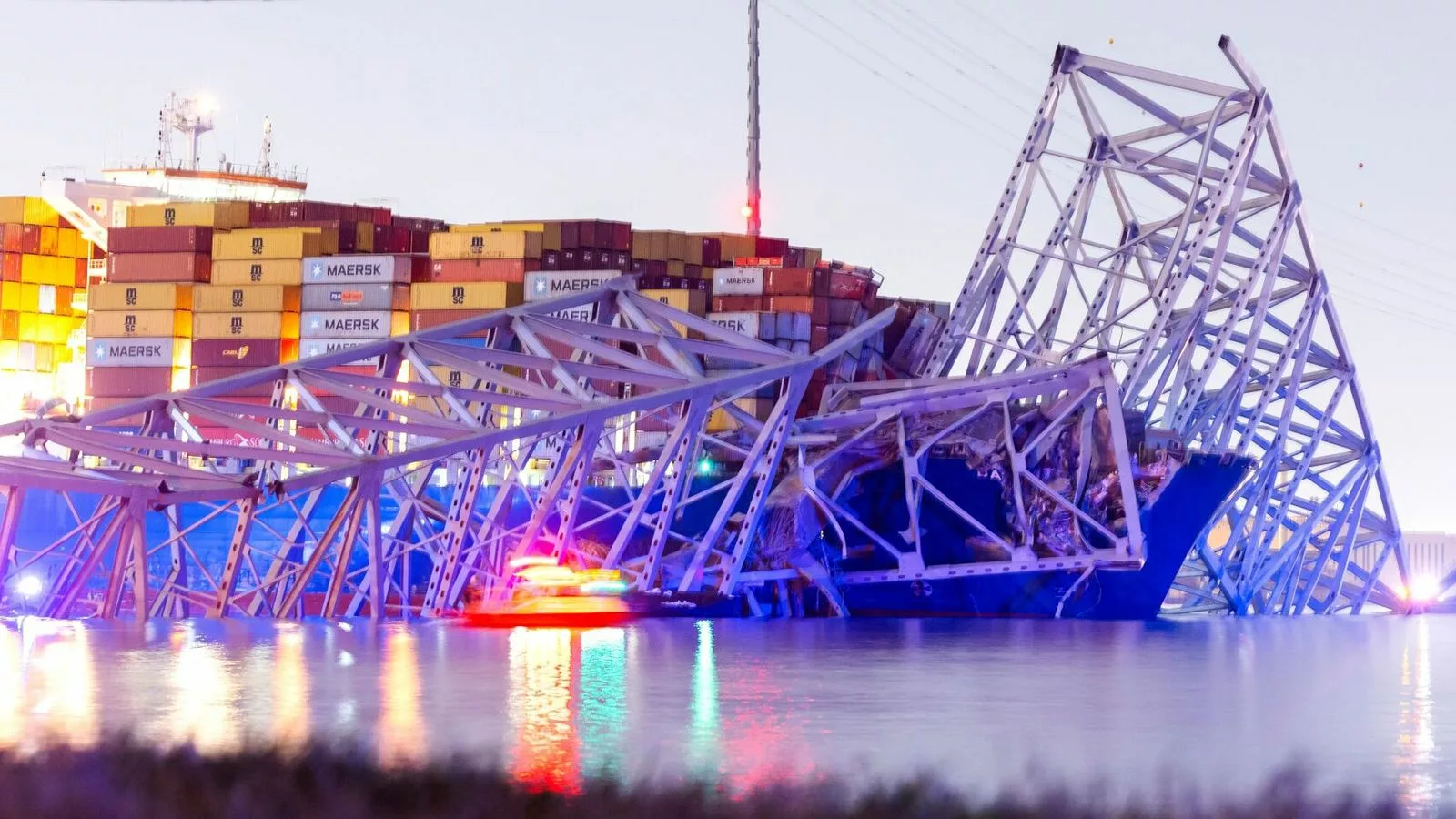It’s Bigger in Texas – Commercial Trucking


Texas is known for its friendly and welcoming people and vast landscapes, open prairies, and big skies. This diverse and wide ranging landscape also provides its own challenges and unique environment for the trucking industry. With a population of 30,500,280 people, as of this year it is the second highest state population in the United States. Texas is also the second largest state ranking above California and ranked #3 in regard based on the highest growth rate. With all this in mind it’s no wonder there is such a large influx of people moving to Texas from across the country. But with this influx of people comes an increase in demand for goods and services which are transported by the trucking industry.
Commercial trucking in Texas has several unique aspects that set it apart from other states. Here are some key characteristics:
- Size and Scale: Texas is the largest state in the continental United States, covering over 268,000 square miles. Its vast size means that commercial trucking plays a critical role in transporting goods across the state and beyond. Texas has an extensive network of highways and roadways, including major interstates like I-10, I-20, I-35, and I-45, making it a major transportation hub.
- Energy Industry: Texas is known for its significant energy industry, particularly oil and natural gas. The state has numerous oil fields and refineries, and commercial trucking is heavily involved in transporting petroleum products, equipment, and supplies related to the energy sector. This creates a unique demand for specialized trucks and equipment.
- International Trade: Texas has several major ports, including the Port of Houston, one of the largest ports in the country. These ports facilitate international trade, and commercial trucks play a crucial role in transporting goods to and from the ports. The proximity to Mexico also means that Texas sees a significant amount of cross-border trucking, facilitating trade between the United States and its southern neighbor.
- Agriculture and Livestock: Texas has a strong agricultural industry, with vast farmlands and ranches. Commercial trucks are essential for transporting agricultural products such as crops, livestock, and dairy products. The transportation of livestock, in particular, requires specialized trucks that meet specific regulations for animal welfare.
- Trucking Regulations: Texas has its own set of regulations and requirements for commercial trucking. The Texas Department of Motor Vehicles oversees the commercial trucking industry and enforces regulations related to licensing, permits, vehicle safety, and weight restrictions. Trucking companies operating in Texas need to comply with these regulations to ensure safe and efficient operations.
- Weather Challenges: Texas experiences a diverse range of weather conditions, from scorching heat in the summer to severe thunderstorms, hurricanes, and occasional winter storms. These weather challenges can impact commercial trucking operations, requiring drivers to adapt and take precautions. For example, extreme heat may affect the performance of trucks and tires, while severe storms can lead to road closures and hazardous driving conditions.
- Driver Shortage: Like many other regions, Texas faces a shortage of commercial truck drivers. The high demand for trucking services, coupled with an aging driver population and recruitment challenges, has led to a shortage of qualified drivers. This shortage poses unique challenges for the trucking industry in Texas, such as increased competition for drivers and potential impacts on delivery times.
Commercial trucking in Texas is subject to various insurance requirements to ensure the safety of operations and protect the interests of drivers, companies, and the public.
The following types of insurance coverage are typically required for commercial trucking in Texas:
- Primary Liability Insurance: Primary liability insurance is the most fundamental and mandatory coverage for commercial trucking. It provides financial protection for bodily injury and property damage caused to others in accidents where the truck driver is at fault. The minimum required liability coverage in Texas is determined based on the type of cargo being transported and ranges from $300,000 to $5 million.
- Cargo Insurance: Cargo insurance provides coverage for the goods or cargo being transported by the commercial truck. It protects against damage, loss, or theft of the cargo. The specific requirements for cargo insurance may vary depending on the type of cargo being transported, its value, and other factors.
- Physical Damage Insurance: Physical damage insurance covers damages to the commercial truck itself. This includes coverage for collisions, vandalism, theft, and other incidents. Although not required by law, physical damage insurance is often necessary for commercial truck financing or leasing agreements.
- Uninsured/Under insured Motorist Coverage: Uninsured/Under insured motorist coverage provides protection if the insured commercial truck is involved in an accident caused by another driver who either doesn’t have insurance or has insufficient coverage to fully compensate for damages and injuries.
- Occupational Accident Insurance: Occupational accident insurance provides coverage for medical expenses, disability, and accidental death benefits for the truck driver in the event of work-related injuries or accidents. It is typically provided by motor carriers to their independent contractors or owner-operators.
With over 20+ years in the trucking insurance industry Cook Insurance Group combines national reach with local service to address the needs of large fleet, small fleet, single owner and tow trucking operations, and to charter bus lines. We ONLY serve the Trucking industry, providing the best trucking insurance. Let our friendly, bi-lingual staff help you find the right insurance protection at the right cost.
Cook Insurance Group is dedicated to meeting the needs of both small and large fleet trucking companies. Our reps handle every aspect of your program, ensuring you have the best trucking insurance plan for your specific needs. We work closely with you to manage your plan on an ongoing basis.
At Cook Insurance Group, we provide immediate certificate and ID card insurance, including 24/7 certificate availability. We leverage our client portal which allows you to access and issue certificates, check claim status and view policies. Cook Insurance Group is prompt and reliable, including 24-hr claims reporting. (Physical Damage and Motor Truck Cargo). We also provide educational seminars for management and drivers of companies.
At Cook Insurance Group we have licensed risk managers available to assist you with CSA scores and driver training. We provide border risk coverage (NAFTA) and mid-year loss run reviews.
Choose Cook Insurance Group for all of your trucking insurance needs whether you are located in Texas, Arizona or Arkansas.



